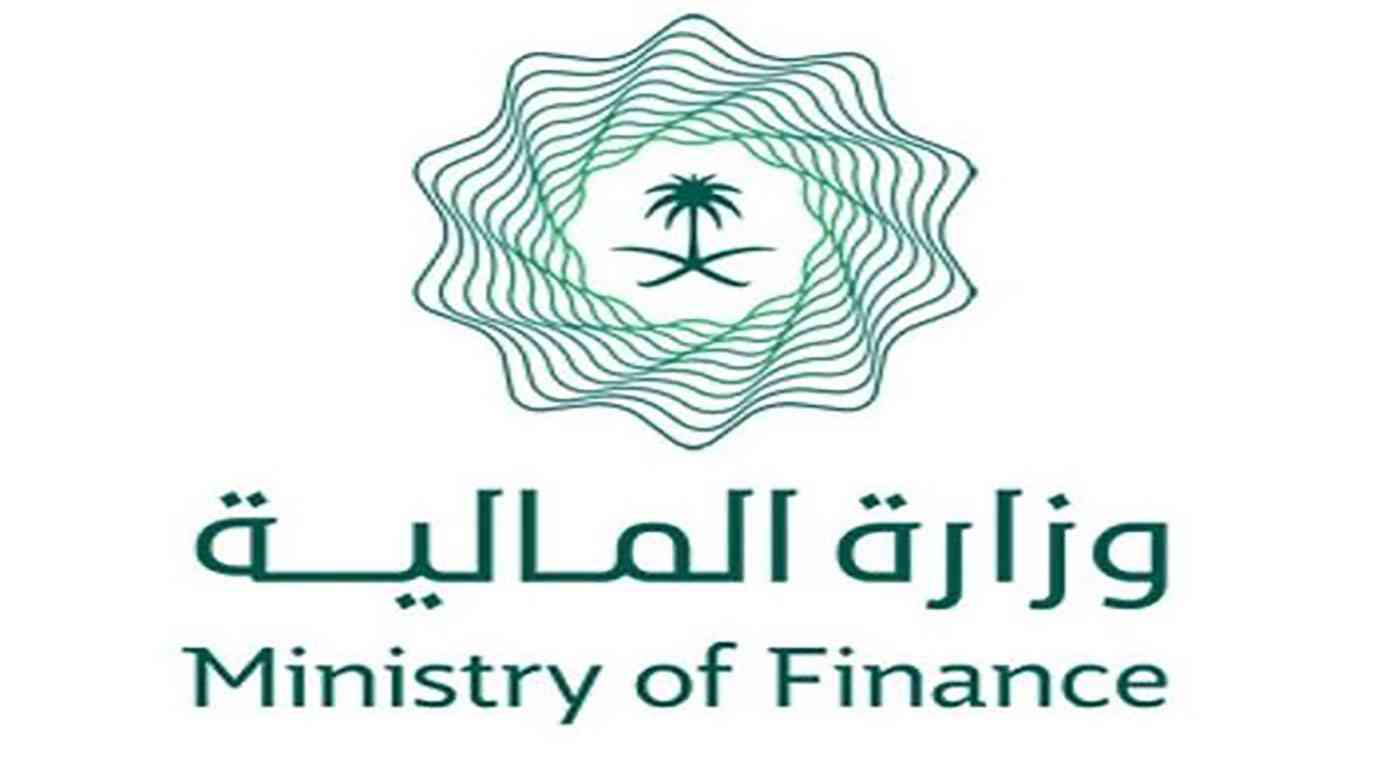Publisher: Maaal International Media Company
License: 465734
Most FX inch up ahead of US inflation data; Egyptian stocks at record high
Emerging market stocks and currencies edged up on Monday, with investors bracing for a U.S. inflation print for the world’s most influential central bank’s policy outlook, while Egyptian stocks scaled record highs on continued financing cheer, Reuters reported.
The MSCI index for emerging market stocks climbed 0.3% after touching a seven-month high on Friday, while the gauge of EM currencies rose 0.2% to a two-month high.
Investors will monitor U.S. consumer inflation on Tuesday ahead of the Federal Reserve’s policy decision next week.
اقرأ المزيد
Egypt’s benchmark stock index gained 3% to a record high, while the Egyptian pound was at 49 per dollar after sliding to an all-time low last week.
On the data front, annual urban consumer price inflation jumped to 35.7% in February from 29.8% in January, driven mainly by higher food and beverage prices.
China saw consumer prices rise for the first time in six months, lifting China’s blue-chip CSI300, the Shanghai Composite and Hong Kong’s Hang Seng Indexes between 0.7% and 1.3%.
Fitch upgraded Turkey’s rating to “B+” from “B”, saying tighter monetary policy approaches were helping combat inflationary trends, with Finance Minister Mehmet Simsek noting that its government will continue to tighten fiscal policy to help reduce price pressures.
“The shift towards higher rates to bring down inflation is certainly encouraging, but we’ve not necessarily seen that reflect in the lira… there’s a lot of other issues with economy and the currency aside from just interest rates,” said Matthew Ryan, head of market strategy at global financial services firm Ebury.
The lira hit a record low of 32.0075 per dollar, although Turkish stocks advanced 1.2%.
Data showed Czech inflation eased to annual 2% in February, hitting the central bank’s target for the first time in more than five years and keeping the path clear for interest rates to drop. The crown was largely flat against the euro.
The zloty hit a four-year high, continuing a rally as Polish interest rates stay stable while falling elsewhere in central Europe and as the EU unlocks funds that had been caught up in long-running disputes.








